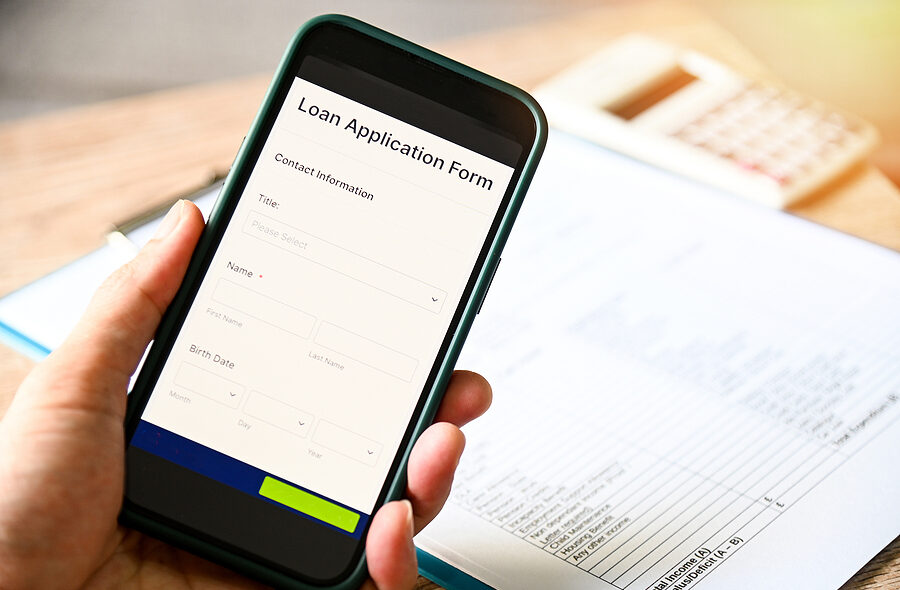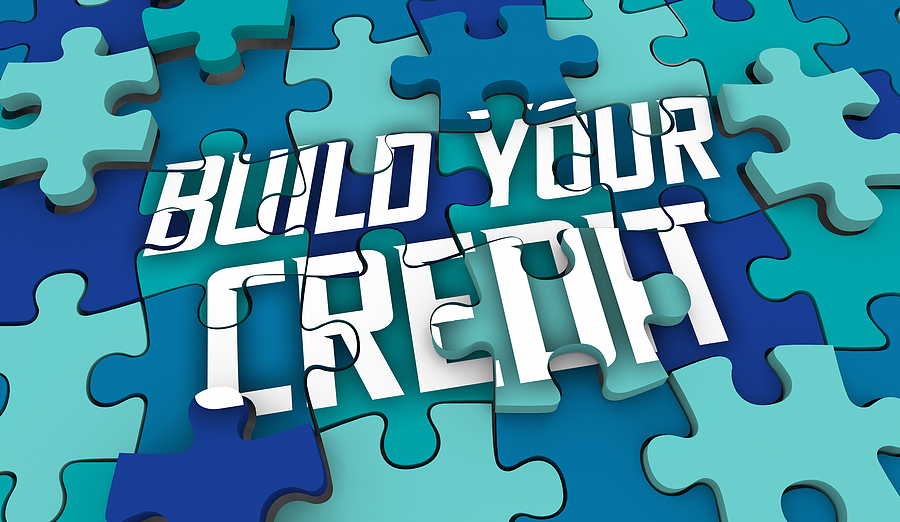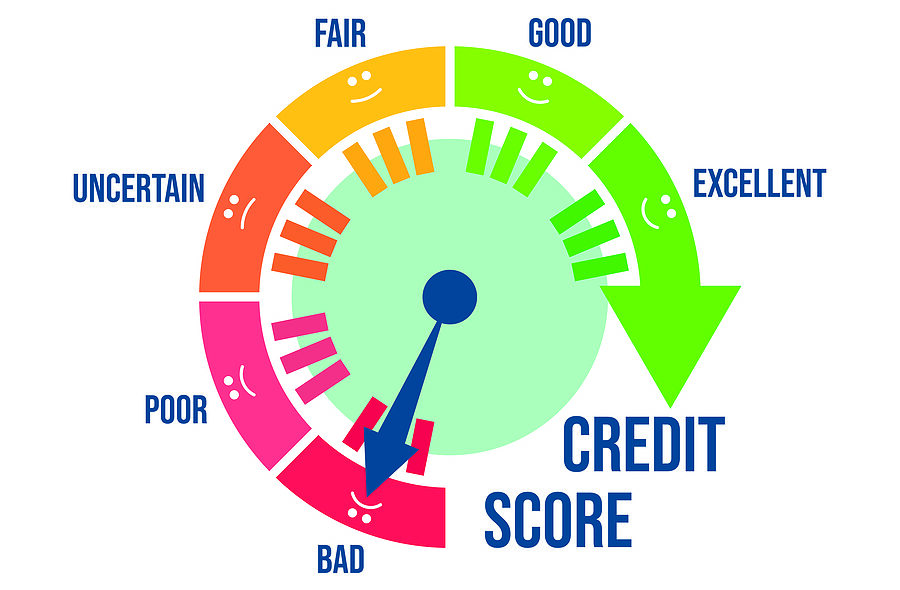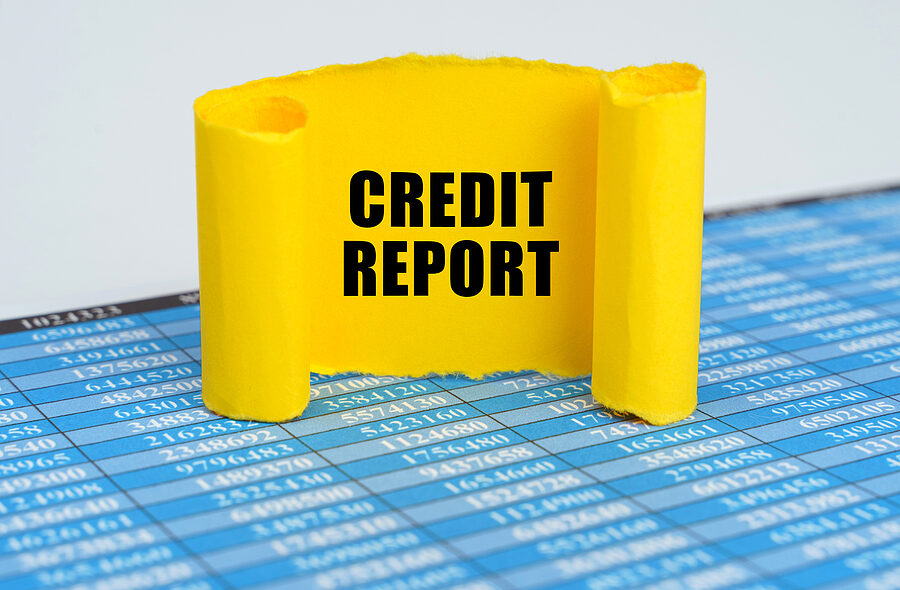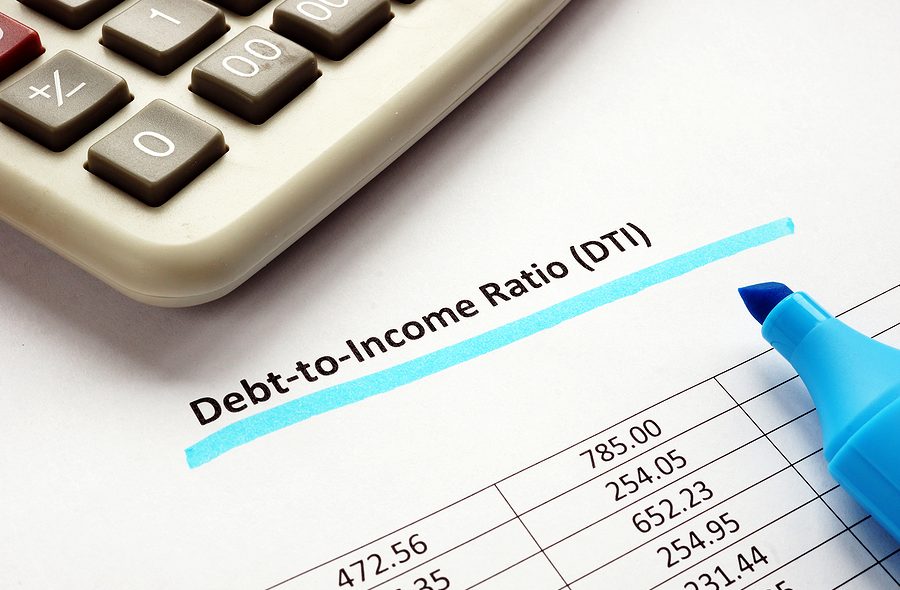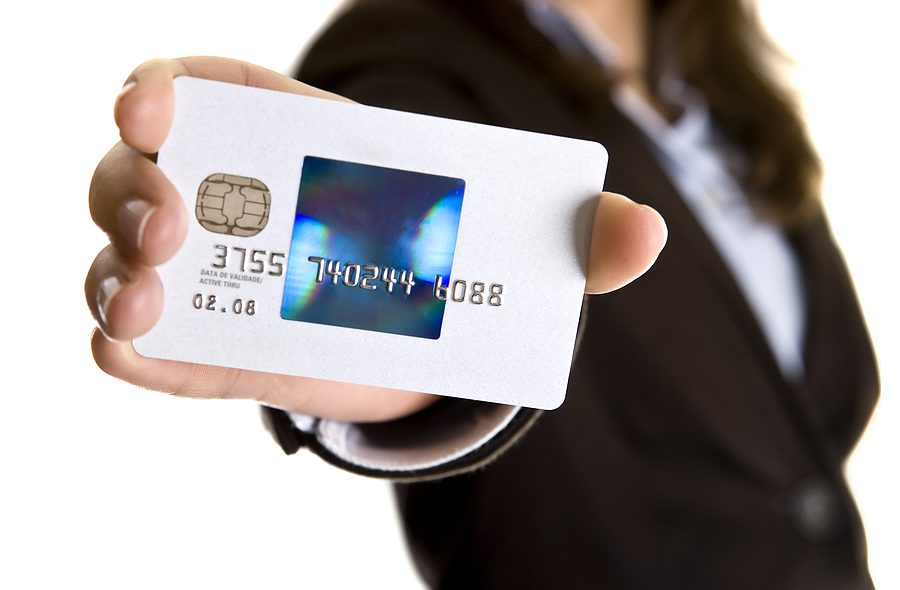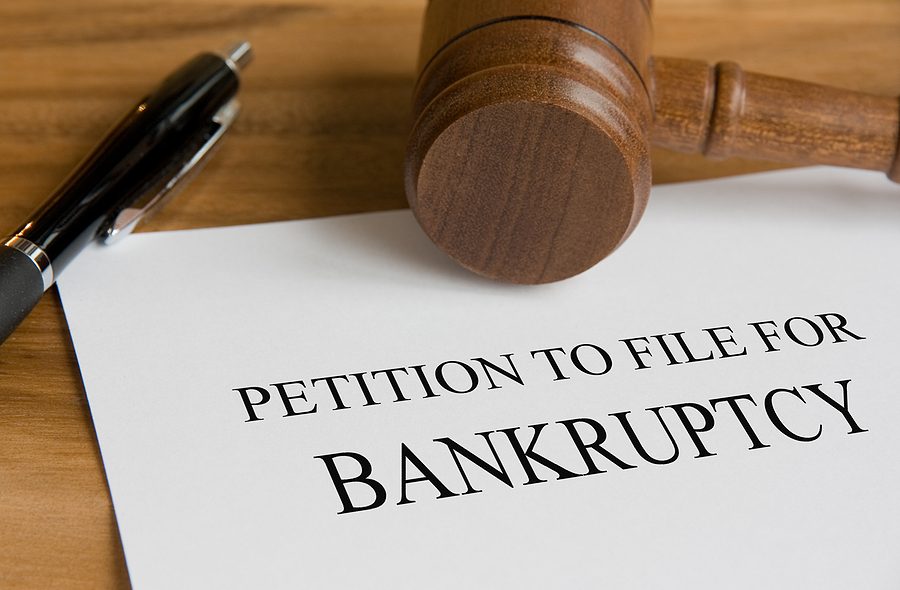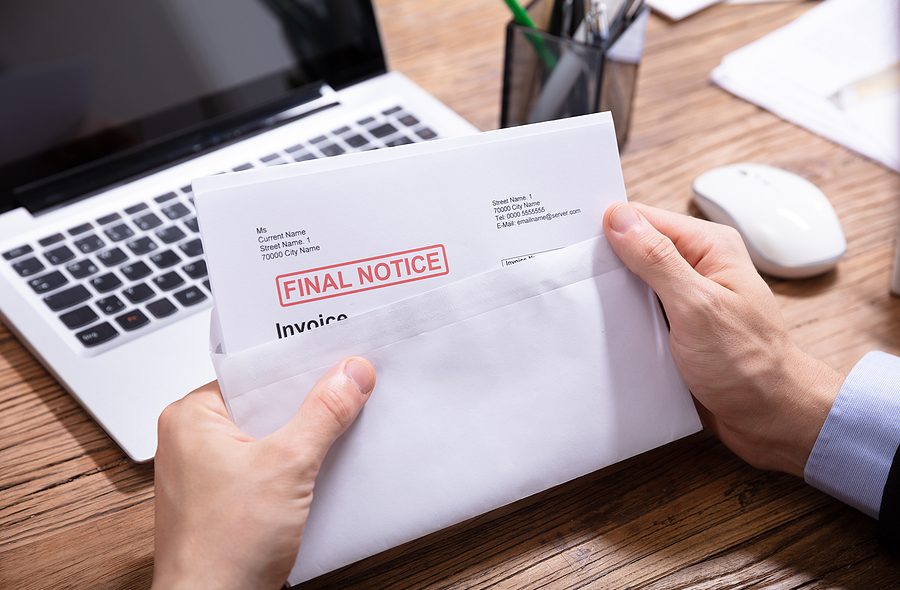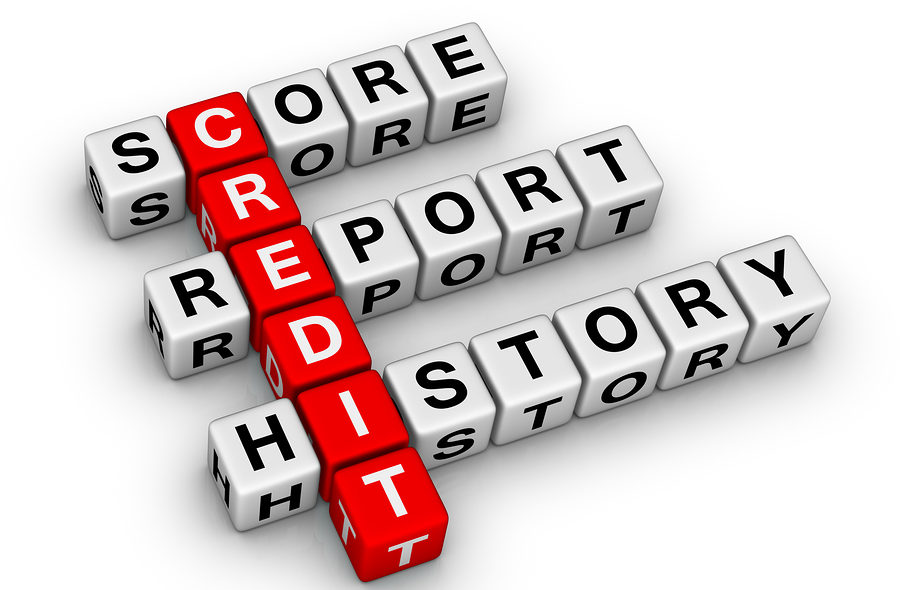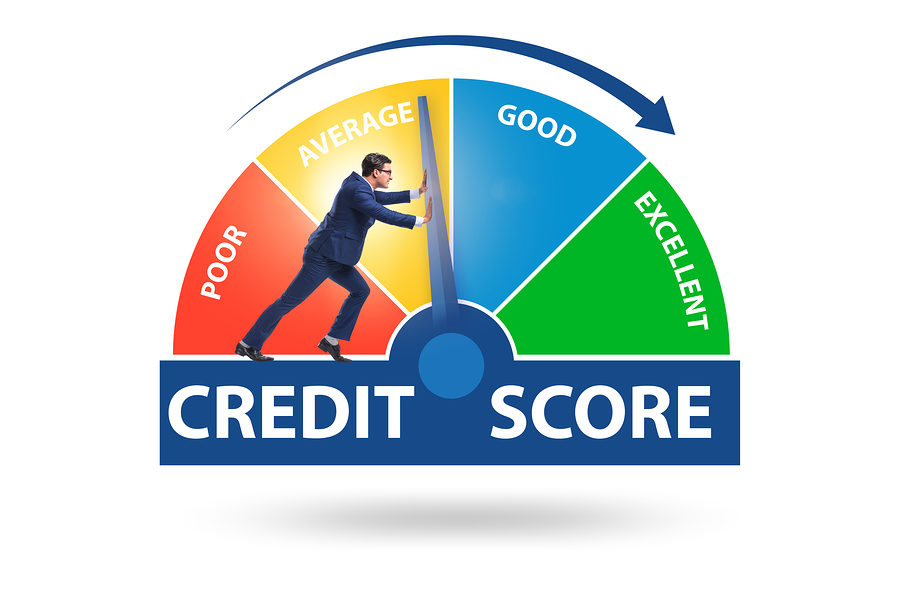While not all bankruptcies cause a huge drop in a person’s credit score, it is possible a person’s score could rise after bankruptcy.
A consumer’s FICO score is one of the biggest determining factors in whether a person will receive approval for credit or financing. The FICO score will also help determine the interest rate a person receives on a credit card. Some lenders are willing to accept credit applications even with lower scores. However, if this happens, it is unlikely that the terms of the credit application will be favorable to the consumer.
The bankruptcy filing may or may not have a significant impact on the consumer’s credit score, depending on what the score was before the filing. The consumer’s payment history makes up approximately 35% of the person’s credit score. If the person had a poor payment history to begin with, the bankruptcy filing will not have as much of a noticeable impact on the score. If the person had an excellent credit score previously, the effect the bankruptcy will have on the credit score will be more significant.

